The Tourism Authority of Thailand (TAT) has identified Ratchaburi as one of Thailand’s 55 secondary destinations that is both rich in ancient history and natural attractions.
This scenic provincial town 80 kilometres west of Bangkok offers a wealth of natural and cultural attractions. It overlooks its neighbour, Myanmar and when visiting this area, it is perfect for going back to nature with stunning mountain ranges, magnificent caves, hot springs, waterfalls, in addition to having what many consider some of the best floating markets in the country.
Ratchaburi has long been a perfect weekend getaway spot for Bangkokians and foreign visitors looking to escape to the countryside.
Ratchaburi’s importance to the modern Thai state dates back to the Dvaravati period when it was a pivotal trading centre of the Mon Kingdom. According to legend, it dates back to the mythical Suvarnabhumi Kingdom predating Dvaravati. ‘Ratchaburi’ loosely translates into ‘the land of the king’.
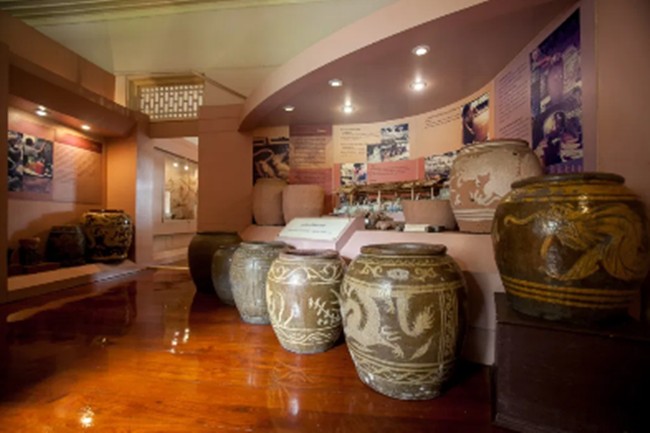
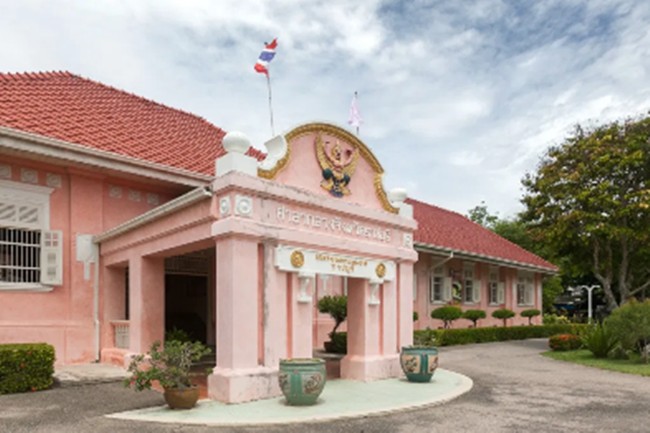
Ratchaburi National Museum brings its amazing history together all under one roof. Its edifice was formerly the town hall, built in 1922. Established as a museum in 1988, it displays art and ancient items found in the Ratchaburi area from different periods. There are also history exhibits of Ratchaburi, as well as its folk arts and geology. The Museum covers the geological and ecological makeup of the province before moving onto its cultural history. There is an impressive display of artefacts from the Stone Age on through each of the different periods of Thai history. Some of the pieces are quite old and really beautiful. From there, move on to some descriptions of each of the different ethnic groups that have settled here, which is pretty interesting.
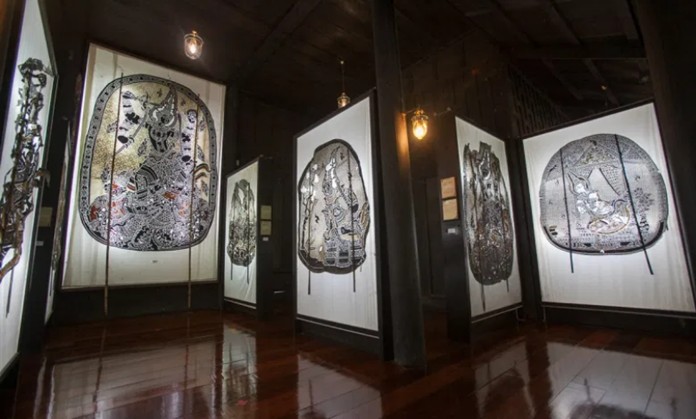
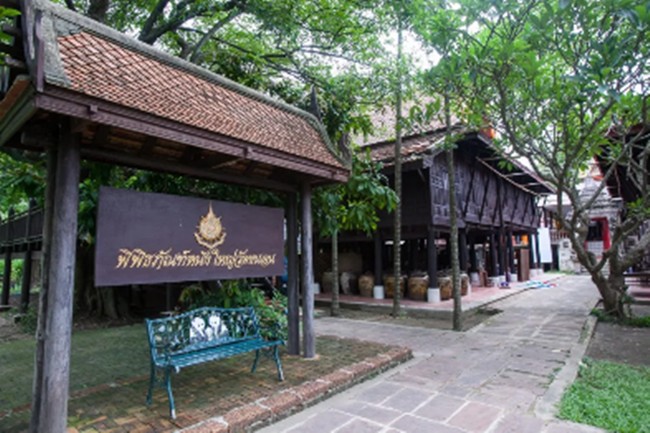
Nang Yai Museum Wat Khanon also gives history buffs insight into the province’s unique cultural background. It is a traditional Thai-style house with an exhibition about Nang Yai, its history, and process of making Nang Yai puppets. There are 313 complete Nang Yai puppets and most of them are characters from the Ramayana including show sets of Hanuman Thawai Waen, Sahatsa Kuman, and Phao Krung Longka. The performance set of SuekIntharachit is part of a royal project of HRH Princess Maha Chakri Sirindhorn who realised the value of the Nang Yai performance art or ‘grand shadow puppet show’, which is considered to be a work of art. All Nang Yai figures are carved.
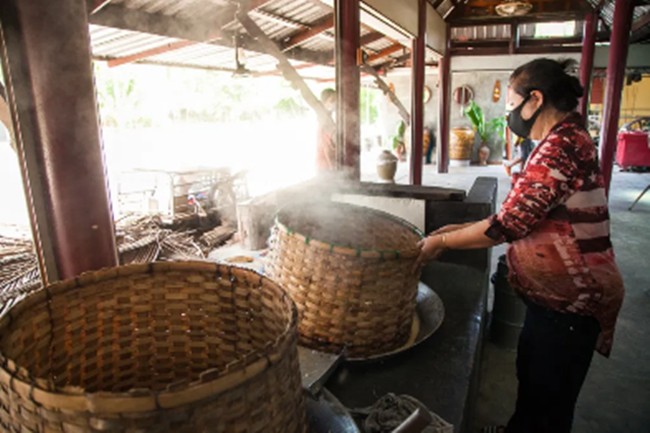
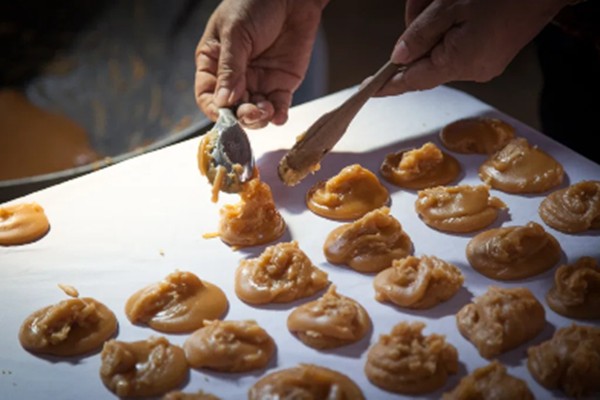
One of Ratchaburi’s most renowned attractions, the popular Damnoen Saduak Floating Market, can feel overrated to some because of over tourism in the past. However, it has recovered recently and now feels more like a working Thai floating market catering to a local clientele. Running along a network of canals just off the Mae Klong River, Damnoen Saduak is active in the early morning with wooden rowboats selling all kinds of fruit, vegetables, and ready-to-eat snacks.
Natural attractions around Ratchaburi are both abundant and diverse. Chaloem Phrakiat Thai Prachan National Park and Khao Prathap Chang Wildlife Sanctuary are both outstanding and worthy of a visit. The Natural History Park was also initiated by HRH Princess Maha Chakri Sirindhorn, in 1995. It aims to preserve and restore the surrounding forest and serve as a learning centre for disseminating knowledge to children and youth. There is a variety of nature trails, waterfalls, and some rustic accommodation available on site.
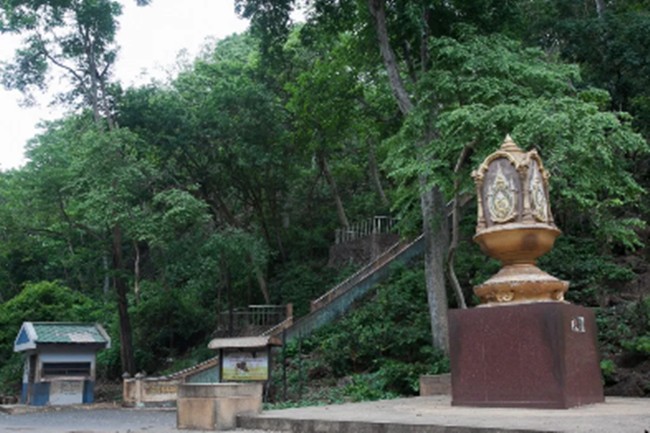
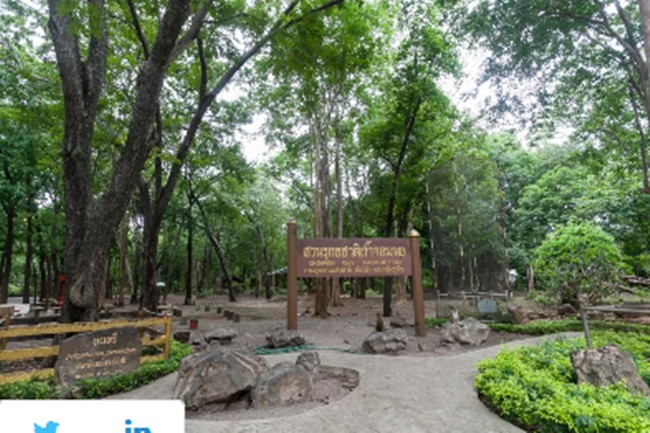
The Chom Phon Cave was originally called Tham Mutchalin but was given a new name by King Rama V the Great during a royal visit in 1895. The new one reflects the shape of the stalactites, which look like the epaulette of a field marshal. The cave also houses a medium-sized reclining Buddha.
Kao Chan Waterfall or nine-level waterfall was aptly named by HRH Princess Sirindhorn because the water cascades from the ninth level down to the central valley of the steep cliff. For the more athletically inclined visitor, a two-hour walk will take them up to the ninth level, which is particularly dramatic during the annual monsoon season.
Another part of the province’s history is preserved through its numerous temple ruins. Some of the best include Wat Mahathat Worawihan, Wat Khanon, Wat Nong Hoi, Wat Pa Phrathat Kao Noi, Wat Khao Wang, Wat Muang Folk Museum, Phra Phut Nira Ro Khan Tarai Chai Wat ChaturaThit, and Wat Luangpho Sot Dhammakayaram to name just a few.
 |
 |
 |





